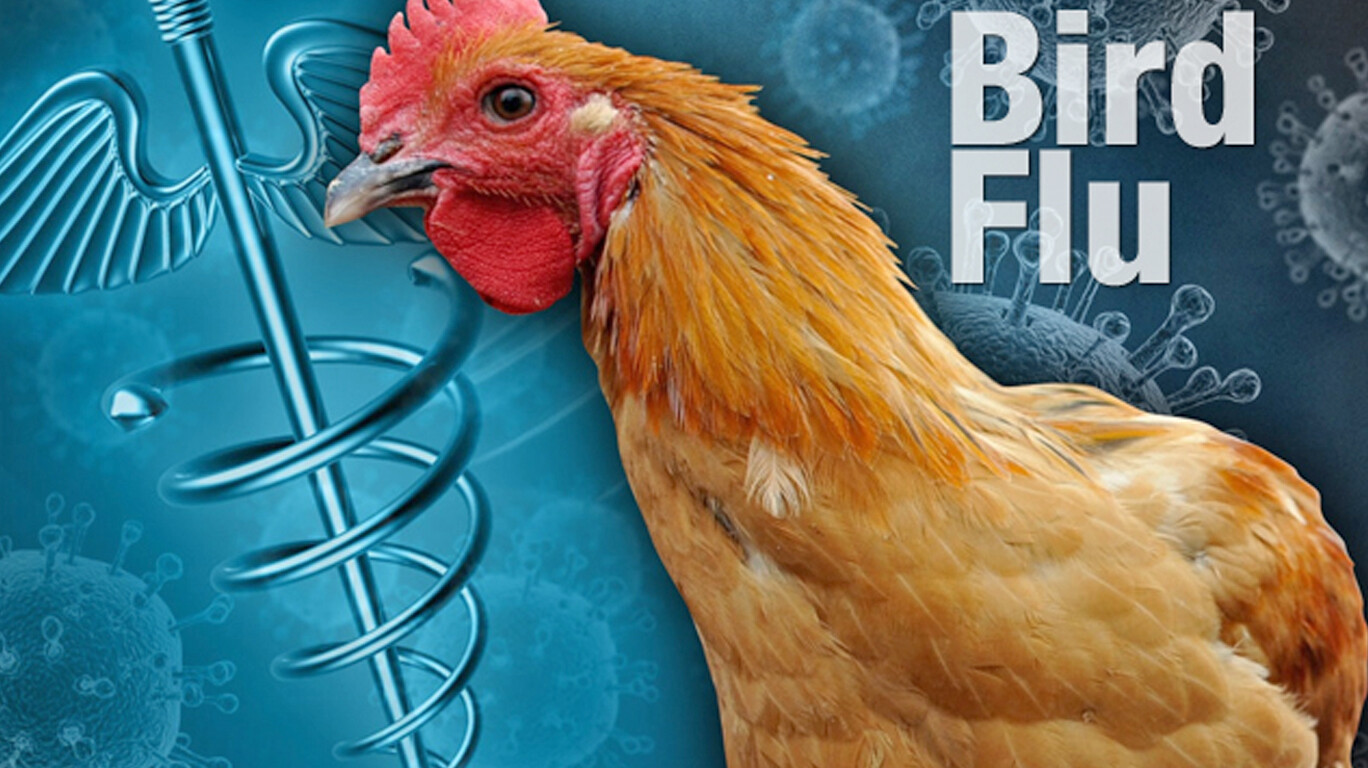As the whole world including India is busy in controlling the pandemic Covid-19 by making vaccines, the Bird Flu has come again in our country. During the winter season, the migratory birds come to India from Northern countries. This year these migratory birds were found infected. The birds which come into contact with these infected birds become infected.
Bird Flu – It is an Avian Influenza and is caused by Type A viruses which are described as H5 N1 virus. Generally, these viruses occur among wild aquatic birds but it can infect domestic poultry, humans, and other animals.

There are two proteins on the surface of the virus known as Hemagglutinin or HA and Neuraminidase or NA in which an ‘’H5N1’’ virus has an HA5 protein and an NA1 protein. H5N1 is the most common form of Bird Flu that can easily affect humans and other animals due to come in contact with infected any bird. As pert the World Health Organization (WHO), H5N1 was first discovered in a human in the year 1997 in Hongkong.
Symptoms of Bird Flu – There are some of the symptoms of Bird Flu which are as given below –
- Headache
- Runny nose
- Sore throat
- Cough
- Fever
- Muscle aches
- Respiratory difficulties
- Diarrhea
- Malaise
Causes of Bird Flu – H5N1 is the most common form of Bird Flu that occurs naturally in wild waterfowl but it can also spread easily to poultry form and humans. This disease is transmitted to people via contact with infected bird nasal feces, nasal secretions from the mouth to eyes.
Risk factors of Bird Flu – The infected birds with H5N1 releases the virus for about 10 days from their feces and saliva. The greater risk is for those who come in contact with infected birds. Those may be poultry farmers, travelers of affected areas, take uncooked poultry or eggs.
There are some of the risk factors of Bird Flu are as given below –
- Exposed to infected birds
- A poultry farmer
- Take undercooked eggs or poultry
- A family member of an infected person
- A traveler visiting infected areas
- A healthcare employer caring for an infected person
Prevention – Consuming properly cooked eggs or poultry eggs from infected birds does not transmit the bird flu. Meat should be cooked at a high temperature to prevent bird flu. Doctors must be called if the symptoms of flu for more than 10 days or come in the contact with infected birds. To prevent bird flu, we should also wash our hands regularly.
Bird Flu is back while the pandemic of Covid-19 is still with us! Anyway, thank you for the good post…
LikeLiked by 3 people
Most welcome, thanks for reading my post 😊
LikeLiked by 2 people